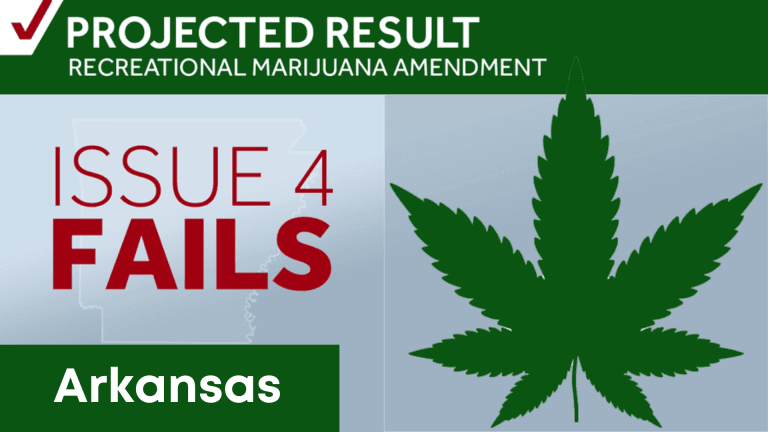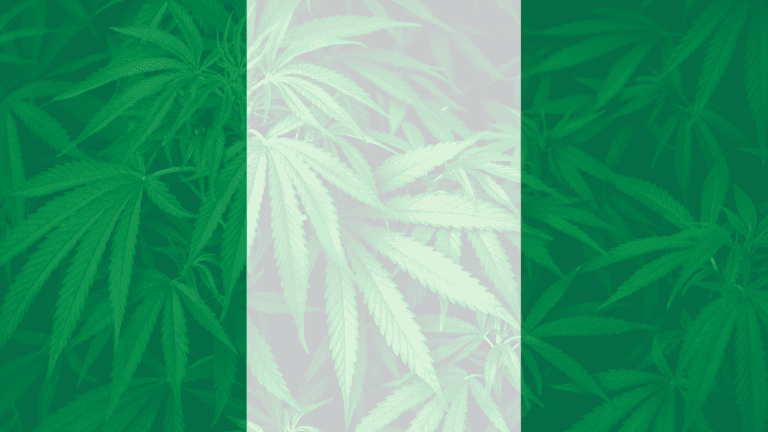Cannabidiol (CBD) is a well-known and widely studied cannabinoid found in the cannabis plant. It is one of over 100 identified cannabinoids and accounts for a significant portion of the plant’s extract. CBD has gained significant attention due to its potential therapeutic properties and its non-intoxicating nature. Here’s a detailed explanation of the term “Cannabidiol (CBD)” in relation to cannabis:
Origins and Chemical Structure: CBD is synthesized from cannabigerolic acid (CBGA) through enzymatic processes in the cannabis plant. It belongs to the class of cannabinoids known as phytocannabinoids, which are naturally occurring compounds found exclusively in cannabis and hemp. CBD has a similar chemical structure to THC (tetrahydrocannabinol), but with a slight difference that gives it distinct properties.
Non-Intoxicating and Potential Health Benefits: Unlike THC, CBD is non-intoxicating, meaning it does not produce the euphoric “high” commonly associated with cannabis. It interacts with the body’s endocannabinoid system, which plays a role in regulating various physiological processes. CBD has been studied for its potential therapeutic properties, including analgesic (pain-relieving), anti-inflammatory, anxiolytic (anti-anxiety), and neuroprotective effects. It is also being investigated for its potential use in managing symptoms associated with various conditions such as epilepsy, chronic pain, anxiety disorders, and more.
Legal Status and Availability: The legal status of CBD varies depending on the jurisdiction and the source from which it is derived. In many regions, CBD derived from hemp (a variety of cannabis with low THC content) is legal, while CBD derived from marijuana (cannabis with higher THC content) may be subject to more restrictions. It’s essential to be familiar with the specific laws and regulations regarding CBD in your area.
Different Forms and Consumption Methods: CBD is available in various forms, including oils, tinctures, capsules, edibles, topicals, and more. Each form has its own unique benefits and may be suitable for different purposes. CBD can be consumed orally, sublingually, topically, or inhaled through vaporization.
Interaction with Other Cannabinoids: CBD interacts with other cannabinoids and compounds present in cannabis, including THC. It has the potential to modulate the effects of THC, reducing its psychoactivity and mitigating some of its adverse effects such as anxiety or paranoia. This interaction is known as the entourage effect, where the combined presence of multiple cannabinoids, terpenes, and other compounds may produce enhanced therapeutic effects compared to isolated compounds alone.
Research and Regulation: CBD has been the subject of extensive research, with numerous studies investigating its potential benefits and safety profile. However, it’s important to note that while CBD shows promise, further research is needed to fully understand its mechanisms of action, optimal dosage, and long-term effects. Regulations surrounding CBD products vary, and it’s essential to choose reputable sources and follow local guidelines when purchasing or using CBD products.
In summary, Cannabidiol (CBD) is a non-intoxicating cannabinoid found in cannabis. It interacts with the body’s endocannabinoid system and has been studied for its potential therapeutic properties. CBD is available in various forms and is being investigated for its use in managing various conditions. It works synergistically with other cannabinoids and may contribute to the entourage effect. While regulations and research continue to evolve, CBD has shown promise as a potential therapeutic option with a favorable safety profile.








